
When it comes to continuity-altering events, DC is pretty much the first and last word. Starting with 1985's Crisis On Infinite Earths, DC has been putting out universe-altering stories that pitted their most respected heroes against universe destroying threats. No other publisher is as synonymous with event-based retcons as DC and they've had some of the biggest in comic history.
However, Crisis On Infinite Earths set the bar high for what was to come and many event books just couldn't stand up to the sweeping changes it enacted. Many DC stories have been advertised as universe-altering and then nothing came of it, disappointing fans.
10 The Reveal Of Superman's Identity Has Pretty Much Had No Bearing On Things
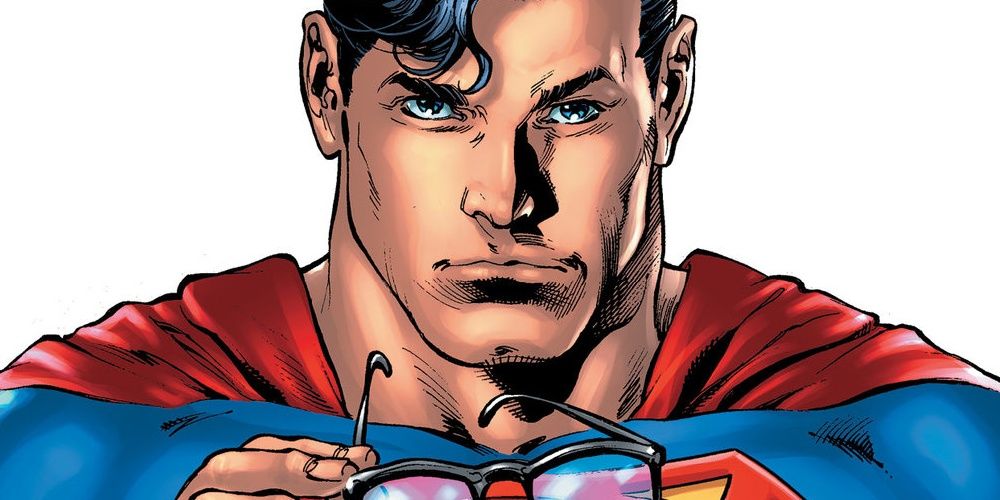
Brian Michael Bendis's Superman run had its ups and downs and one of the most controversial moments came in Superman #17-19, a story called "The Truth". Joined by artist Ivan Reis, Bendis had Superman reveal his identity to the world, an event that should have had massive consequences and wrought all kinds of change.
However, pretty much nothing happened. Everyone sort of took it in stride and then things just went on. Other than some newspaper shenanigans between the Daily Planet and the Daily Star, the status quo barely changed at all.
9 Doomsday Clock Was Supposed To Change Everything But Fizzled Out

DC Rebirth #1 was a smash hit and it set things for an epic showdown between the heroes of the DC Universe and Doctor Manhattan. That showdown would come in Doomsday Clock, by writer Geoff Johns and artist Gary Frank, a story meant to explain the changes to the timeline made by Manhattan and bring about even more change.
However, right from the get-go, it looked like none of that was going to happen, as the story's pace was glacially slow and the first half felt like it meandered with weird plots that had nothing to do with anything. The book was plagued by delays and things in the DCU moved on around it, so by the time it was done the only thing it actually changed was bringing back the Kents. For many readers, the whole thing was a huge disappointment.
8 Forever Evil Brought Lex Luthor And Captain Cold To The Justice League Then Nothing Happened

Forever Evil, by writer Geoff Johns and artist David Finch, was a fun event pitting the villains of the DC Universe against the Crime Syndicate, the evil Justice League from Earth-3 who had defeated the heroes. The book ended with villains Lex Luthor and Captain Cold joining the good guys in the League and everyone thought sparks would fly.
However, nothing really ever came of it. Luthor and Cold were usually in the background of the fights and besides some minor sniping, the two had no impact on the team or the DC Universe, although the event would spur Luthor on to stay heroic for a while afterward out of memory of the fallen New 52 Superman.
7 Heroes In Crisis Had No Impact At All
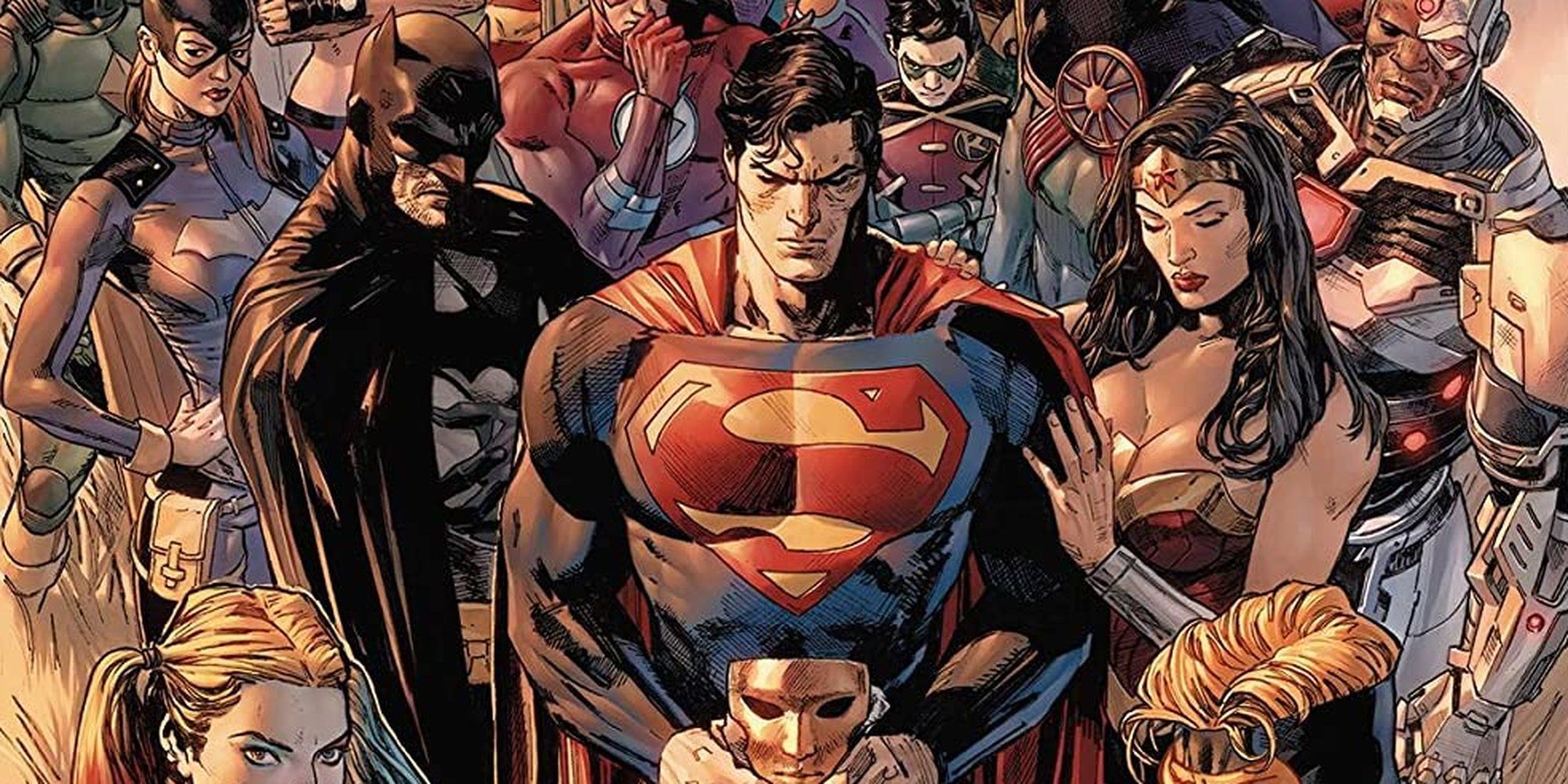
Heroes In Crisis, by writer Tom King and artists Clay Mann and Mitch Gerads, has a bad reputation but it's better than it gets credit for. Its central murder mystery set things in motion and one of the reasons it's so hated is because of the reveal of the culprit- fan favorite Wally West, who DC had been kicking around since his return in DC Rebirth #1.
The book ended with him in custody but that was quickly reversed in a mini-series that came out not long after the comic ended. While most of the deaths stuck, the only important one was Arsenal and even he has been brought back to life. The book had no long-term impact and most just pretend it didn't happen.
6 Countdown To Final Crisis Didn't Even Set Up Final Crisis
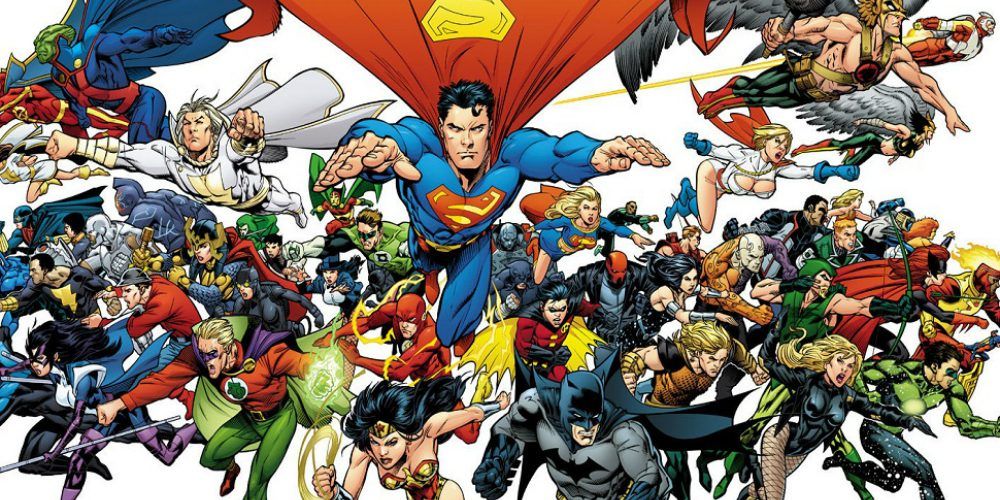
Countdown To Final Crisis is one of the biggest fiascos of the last twenty years. Meant to act as set up for the forthcoming Final Crisis, this weekly comic was overseen by writer Paul Dini and heavily controlled by DC editor in chief Dan DiDio, who had wanted more oversight over DC's last weekly book, 52.
However, this proved to be a terrible idea, as Final Crisis writer Morrison gave only the barest of explanations for what he was going to do and DiDio decided to do things that would have no bearing on the upcoming event book. The entire series did nothing for characters or situations in Final Crisis and was a massive misstep.
5 Brightest Day Looked To Be Setting Up A Lot But Then Flashpoint Happened

Blackest Night ended with many DC heroes and villains brought back to life for a specific purpose, which was outlined in Brightest Day, a bi-weekly series written by writers Geoff Johns and Peter J. Tomasi and a whole slew of artists. The book followed the resurrected characters as they tried to figure out their purpose and how it all related to the White Lantern Corps.
Brightest Day did a lot of heavy lifting, bringing back all kinds of classic characters that were poised to make some changes to the DC Universe but then Flashpoint happened and none of it mattered. Brightest Day is a very good book but with the way things have changed, there's pretty much no reason to read it.
4 Amazons Attack! Didn't Even Matter As It Was Being Published
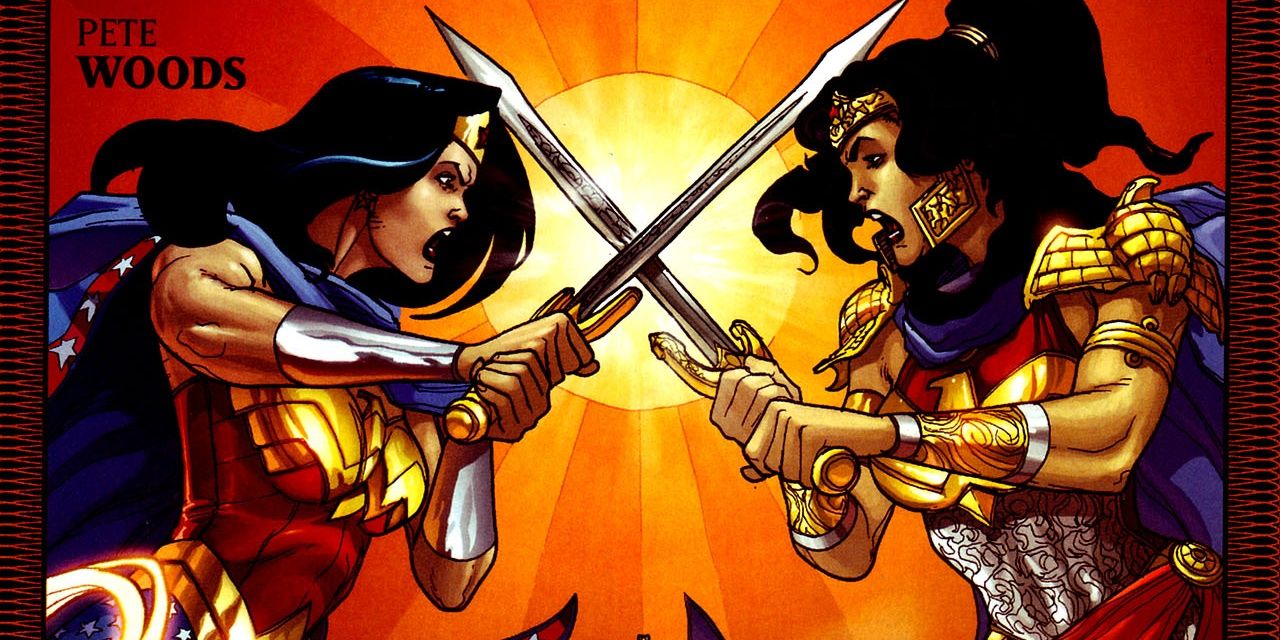
The run-up to Final Crisis, as outlined above, was fraught with peril, weird choices, and missed opportunities and one of the biggest disappointments of that time was Amazons Attack!, by writer Will Pfeiffer and artist Pete Wood. The mini-series saw the Amazons attack the United States to free Wonder Woman from imprisonment and has gone down as one of the worst events in recent memory.
Pretty much nothing from this book stuck and the fact that some of its events tied in with Countdown To Final Crisis makes it doubly irrelevant. It has few fans but at least it birthed a quality meme.
3 Zero Hour Was A Spiritual Sequel To Crisis On Infinite Earths But None Of Its Changes Mattered
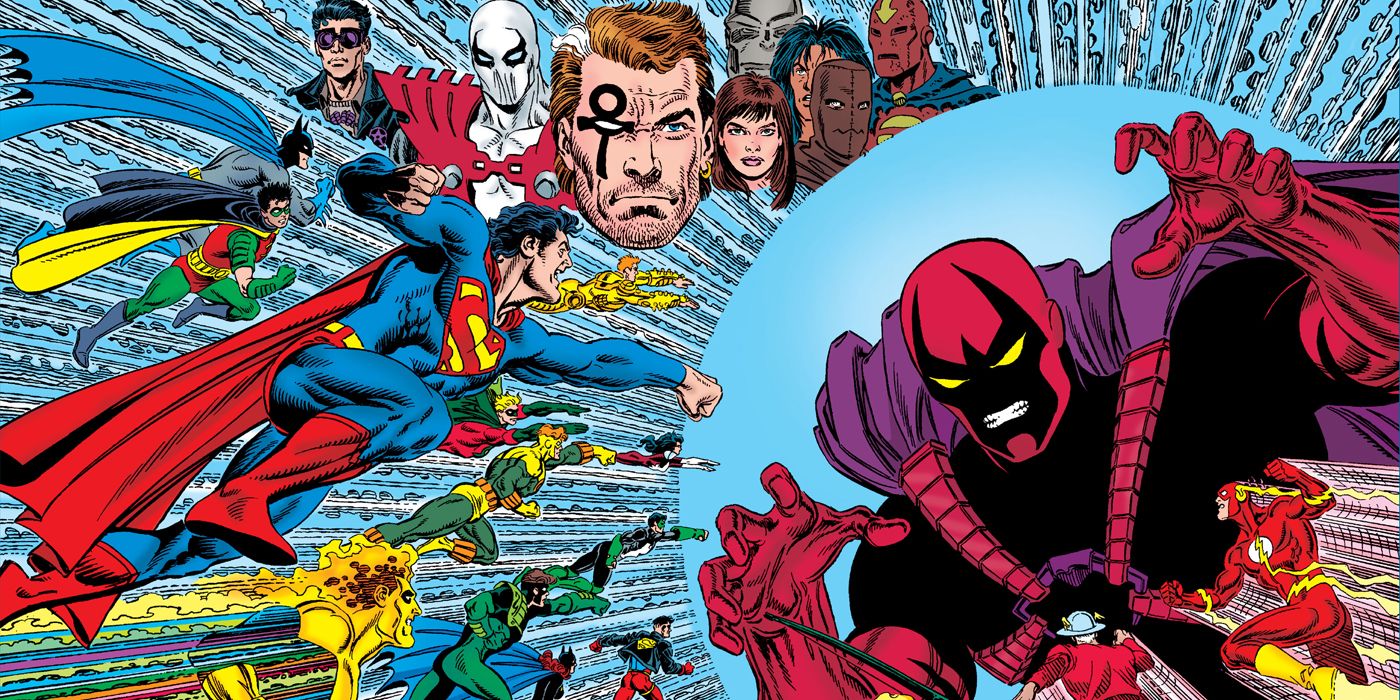
Zero Hour, by writer/artist Dan Jurgens, was hyped as a sort of sequel to Crisis On Infinite Earths and billed as a "Crisis In Time". Published ten years after the seminal tale that changed DC forever, it set out to fix some of the inconsistencies left by CoIE, but ended up either making things worse or not changing anything.
Zero Hour was aggressively okay but didn't really do much for the DC Universe beyond introducing some legacy characters and putting out a timeline of events in DC continuity. For all of the hype about it changing and fixing things, nothing really came of it at all and it's yet another forgotten event book.
2 Infinite Crisis Was Great But None Of Its Changes Took Effect Until The End Of 52
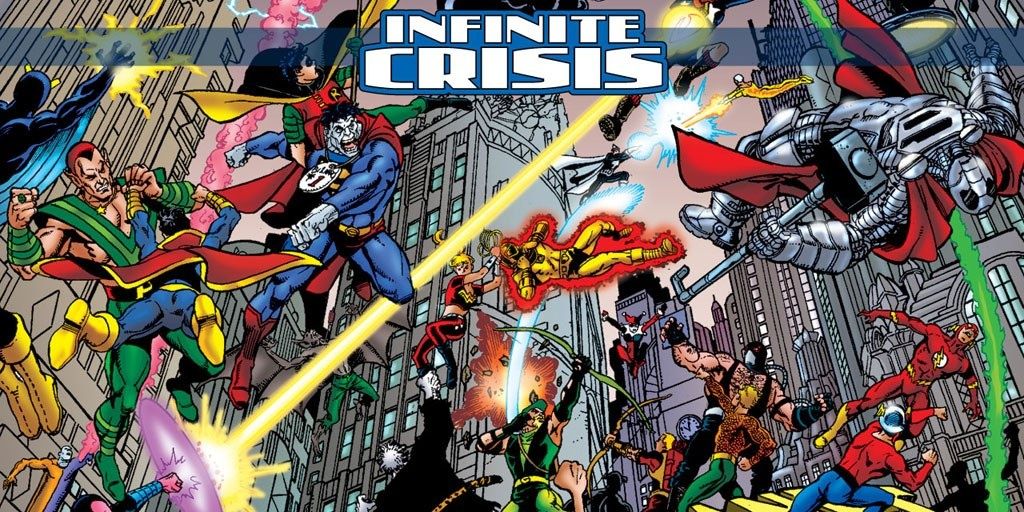
Infinite Crisis, by writer Geoff Johns and artists Phil Jimenez, George Perez, Jerry Ordway, and Ivan Reis, is one of best event books of the last twenty years. The book built off the events of CoIE and was a rousing superhero epic that could only come from DC. However, it didn't change things the way CoIE did.
Other than Superboy's death and minor continuity tweaks to Superman and Wonder Woman, most of the impact that fans thought they'd get from Infinite Crisis- the return of the DC Multiverse- happened in 52. In fact, a lot of the book felt like it was more set up for 52 than a story meant to make big changes.
1 Final Crisis Felt Doomed From The Beginning
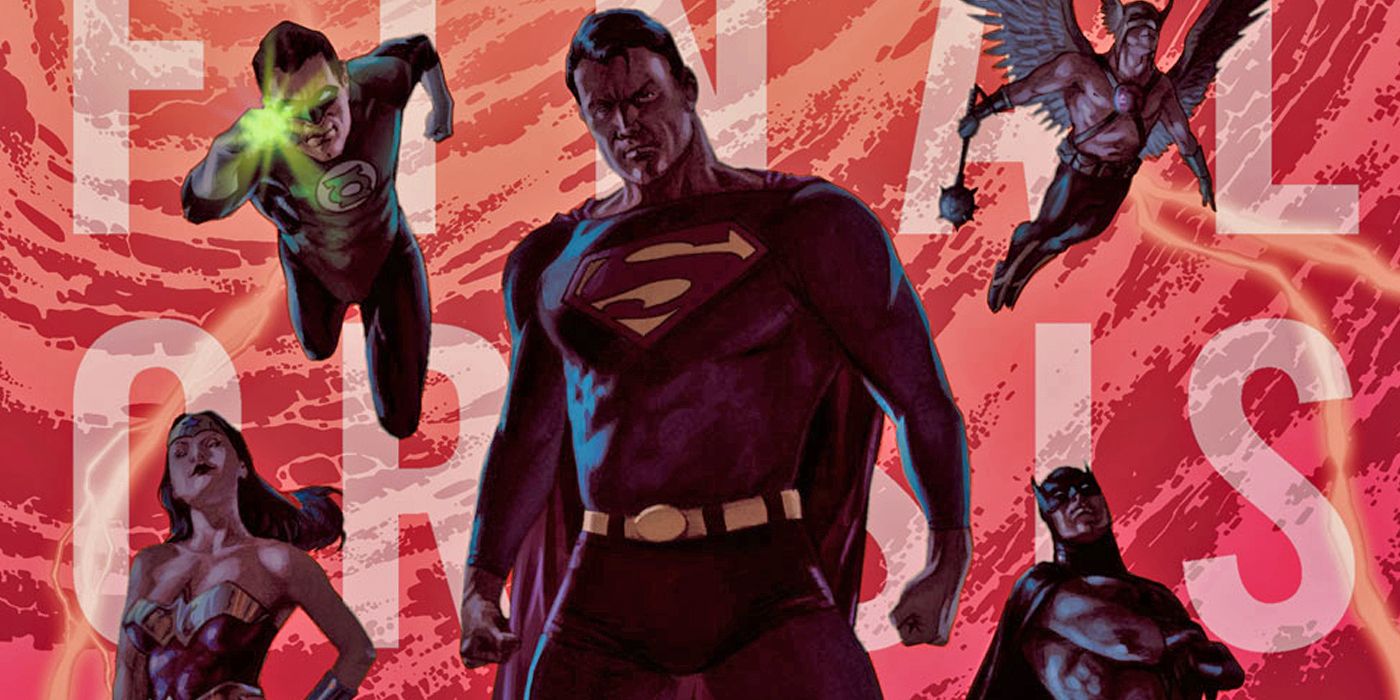
Final Crisis, by writer Grant Morrison and artists J.G. Jones, Carlos Pacheco, and Doug Mahnke, had its share of problems in the run up to it and those problems continued with the book's ending and the changes it was supposed to make. While the book is considered by many to be a masterpiece, there's no denying that very little of what it set up mattered.
Part of this was the editorial tug of war between Morrison and DC but the other part was that creators just didn't want to play with what Morrison left them.
0 Comments